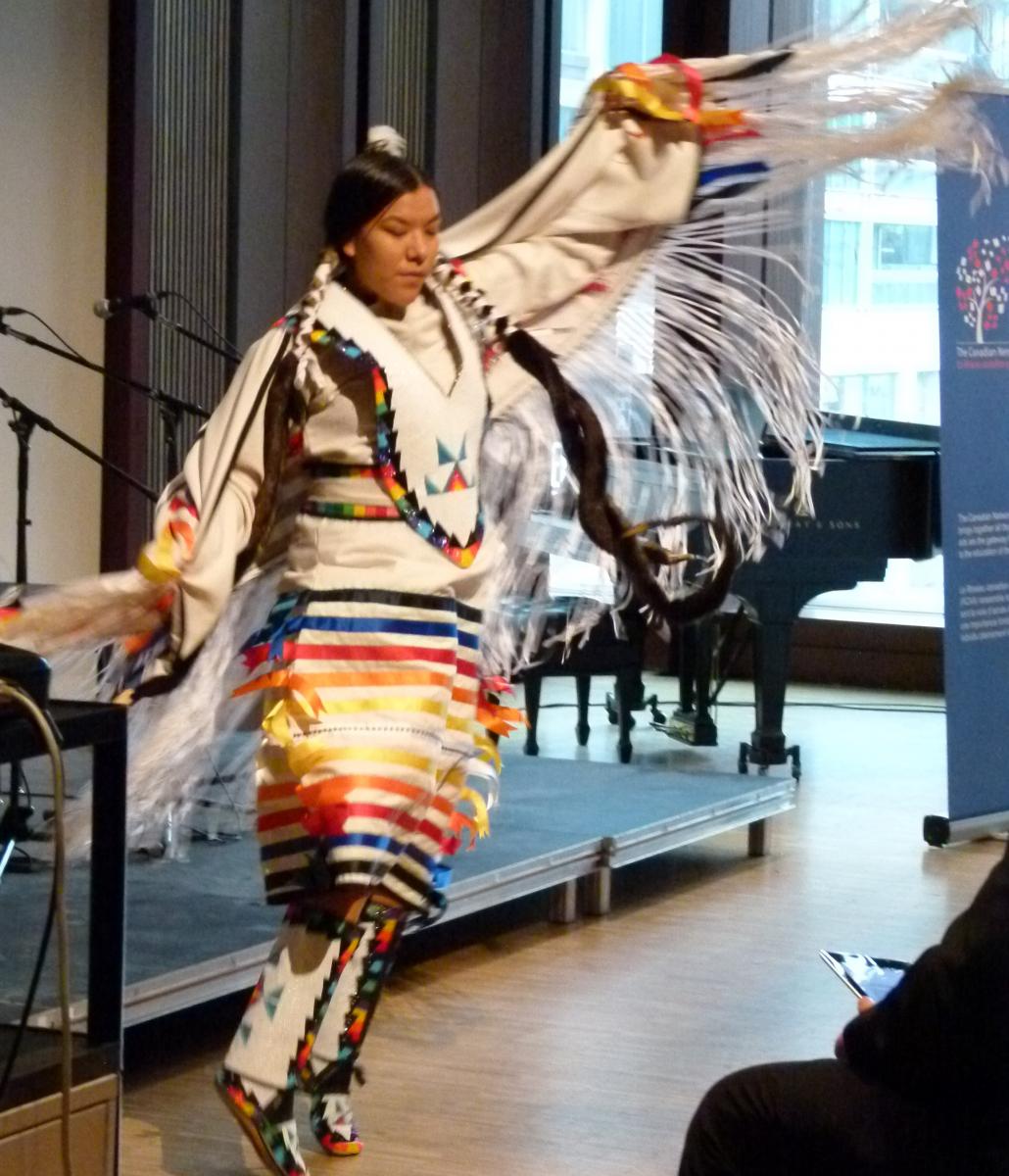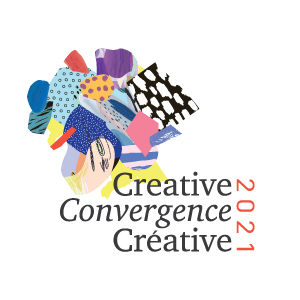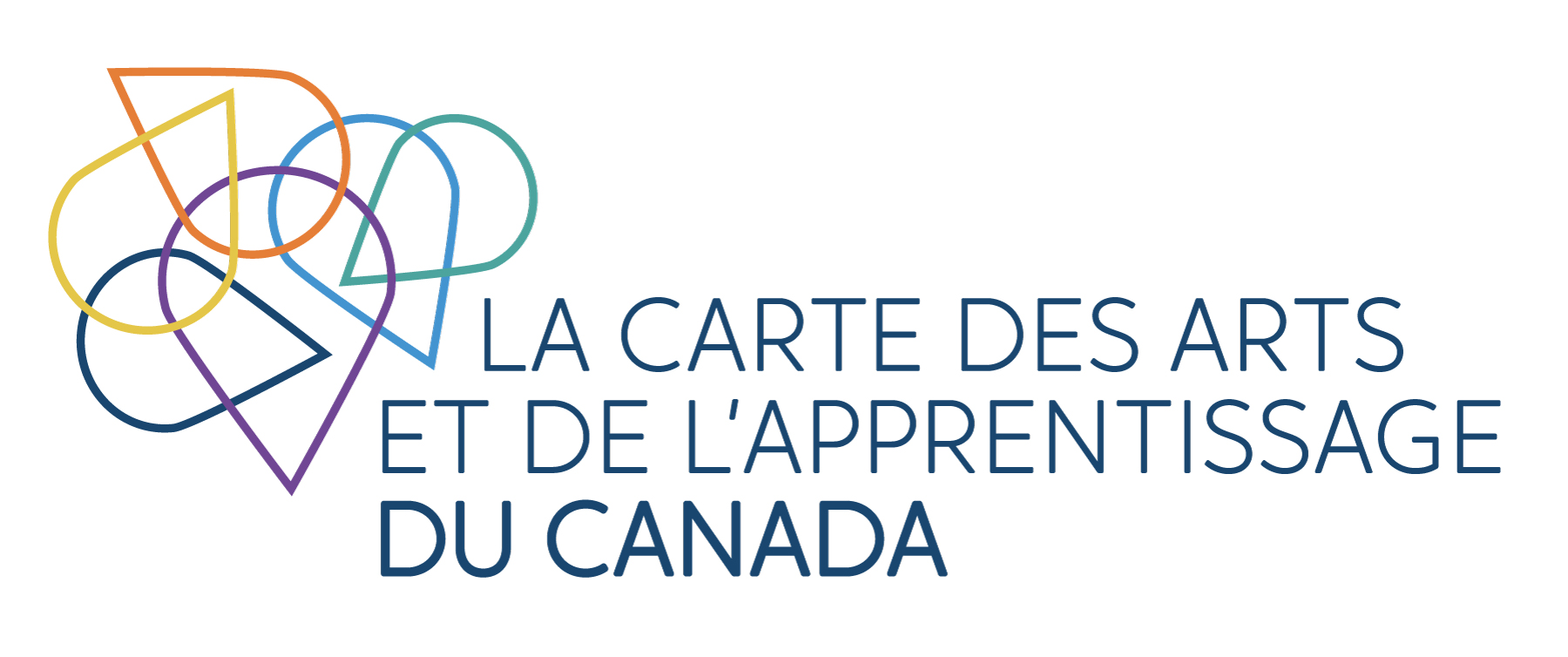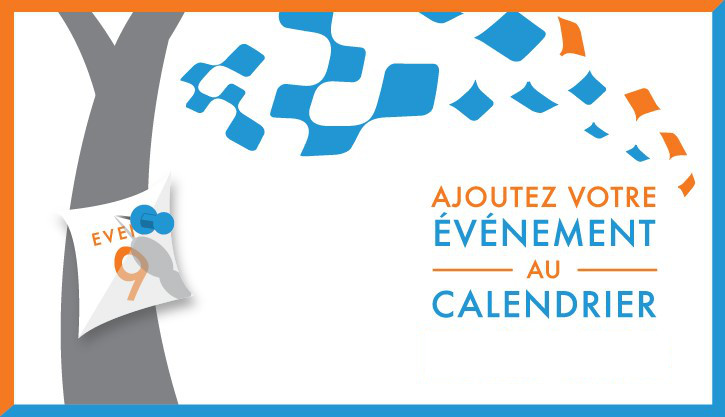When Behrouz Boochani, Kurdish-Iranian human rights activist/journalist/writer was in the Australian-run offshore refugee detention camp, in Manus Island, Papua New Guinea he secretly wrote around one hundred articles and a book and made a film all on his smartphone: the multi award-winning book No Friend but the Mountains: Writing from Manus Prison and the critically acclaimed co-directed film “Chauka, Please Tell Us the Time” (with Arash Kamali Sarvestani). Through writing and art he was able to share his harrowing story with the world. He is joined by his longtime collaborator and translator Dr. Omid Tofighian. Boochani and Tofighian, together with several other participants, feature in the free online symposium Border Trouble: Migration, Research Creation Art & Policy April 26-29, 2021, in which the power of migrants telling their own stories to influence governments and communities, will be discussed.
In addition to the Boochani and Tofighian event, the 4-day, free online conference, co-hosted by Ryerson and London South Bank Universities will include 3 other interactive sessions, including:
- A workshop exploring human rights stories through performance, led by UK-based artist Sebastian Aguirre.
- A panel discussion featuring three migrant art-practitioners/companies exploring what it means to create migrant-situated knowledge through creative practice.
- A final session bringing together researchers from Project Finding Home to discuss experiences and findings of their three-year SSHRC-funded project. They’ll highlight intersections and key insights from their international research creation activities.
The symposium will address some of the following questions:
- How can art practice become a space where citizenship is performed by homeless or underhoused refugees and asylum seekers?
- How can these practices be mobilized as knowledge that can impact the host culture?
- How can research creation enhance, contradict, complement, or reinvent the official process of crossing a border, finding housing and striving for citizenship?
- How can arts-based research impact policy?
The symposium is the culminating event of Project Finding Home, a SSHRC-funded 3-year international project exploring the complex intersection between forced migration and new place-making strategies through art and storytelling. Visit www.projectfindinghome.net for more information about our work.





